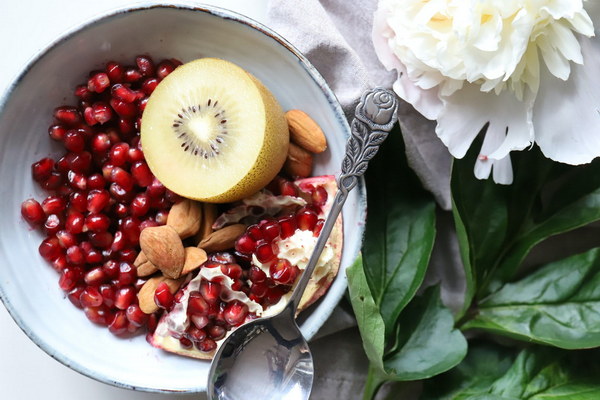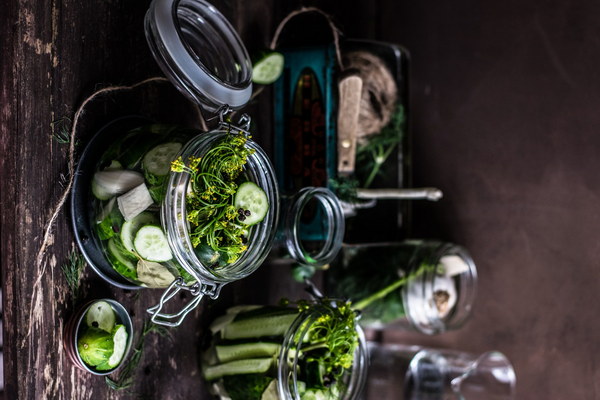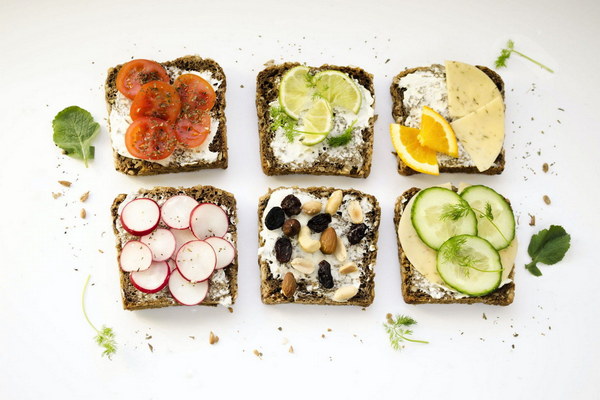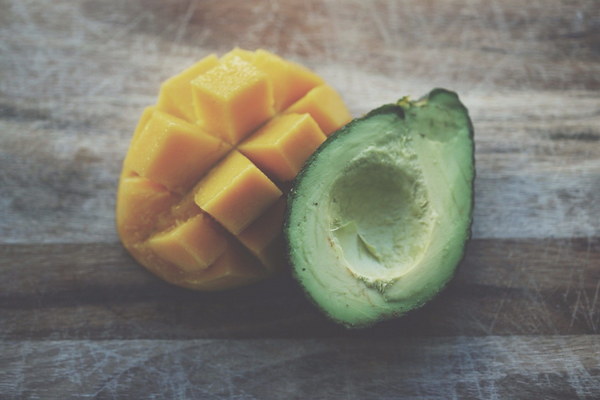Gut Health Nurturing Your Stomach with These Essential Tips
Introduction:
The gut, often referred to as the second brain, plays a crucial role in our overall health. A healthy gut is essential for digestion, nutrient absorption, and even our mood. Unfortunately, due to poor dietary habits and stress, many people struggle with an unhealthy gut. In this article, we will explore practical tips on how to nurture your stomach and maintain a healthy gut.
1. Eat a Balanced Diet:
A balanced diet is the cornerstone of a healthy gut. Incorporate a variety of fruits, vegetables, whole grains, lean proteins, and healthy fats into your meals. These foods provide essential nutrients and fiber that support gut health. Some specific recommendations include:
- Consume plenty of fiber-rich foods, such as leafy greens, berries, and whole grains, to promote healthy bowel movements and prevent constipation or diarrhea.
- Include fermented foods like yogurt, kefir, sauerkraut, and kimchi, which contain probiotics that help maintain a healthy gut flora.
- Choose whole foods over processed ones to reduce inflammation and support gut health.

2. Stay Hydrated:
Proper hydration is essential for digestion and the absorption of nutrients. Aim to drink at least eight glasses of water per day to keep your gut functioning optimally. If you enjoy flavored water, consider adding slices of lemon, cucumber, or mint to enhance the taste without adding unnecessary sugar or artificial sweeteners.
3. Manage Stress:
Chronic stress can disrupt the balance of gut bacteria and lead to digestive issues. To manage stress, consider the following strategies:
- Practice mindfulness or meditation to help reduce stress levels.
- Engage in regular physical activity, such as yoga, walking, or cycling, to improve your mental and physical health.
- Ensure you get enough sleep, as lack of sleep can exacerbate stress and impact gut health.
4. Limit Processed Foods and Sugary Drinks:
Processed foods and sugary drinks can contribute to an unhealthy gut. These items often contain high levels of artificial ingredients, preservatives, and added sugars that can harm gut bacteria. Try to limit your intake of these foods and opt for healthier alternatives, such as homemade snacks and natural beverages.
5. Include Prebiotic Foods in Your Diet:
Prebiotics are fibers that feed the good bacteria in your gut. Some prebiotic-rich foods include:
- Garlic
- Onions
- Asparagus
- Bananas
- Artichokes
- Dandelion greens
- Whole grains
6. Cook with Herbs and Spices:
Herbs and spices can not only enhance the flavor of your meals but also support gut health. Some beneficial options include:
- Turmeric: Contains curcumin, a compound that has anti-inflammatory properties.
- Ginger: Helps reduce nausea and supports digestion.
- Cinnamon: May improve insulin sensitivity and support gut bacteria.
- Fennel: Helps relax the muscles in the digestive tract, promoting healthy digestion.
7. Consult with a Healthcare Professional:
If you're experiencing persistent digestive issues or have concerns about your gut health, it's essential to consult with a healthcare professional. They can provide personalized advice and recommend any necessary treatments or lifestyle changes.
Conclusion:
Maintaining a healthy gut is essential for overall well-being. By following these tips and adopting a healthy lifestyle, you can nurture your stomach and support your gut health. Remember, a healthy gut starts with what you put into your body, so make conscious choices to prioritize your digestive system's health.









